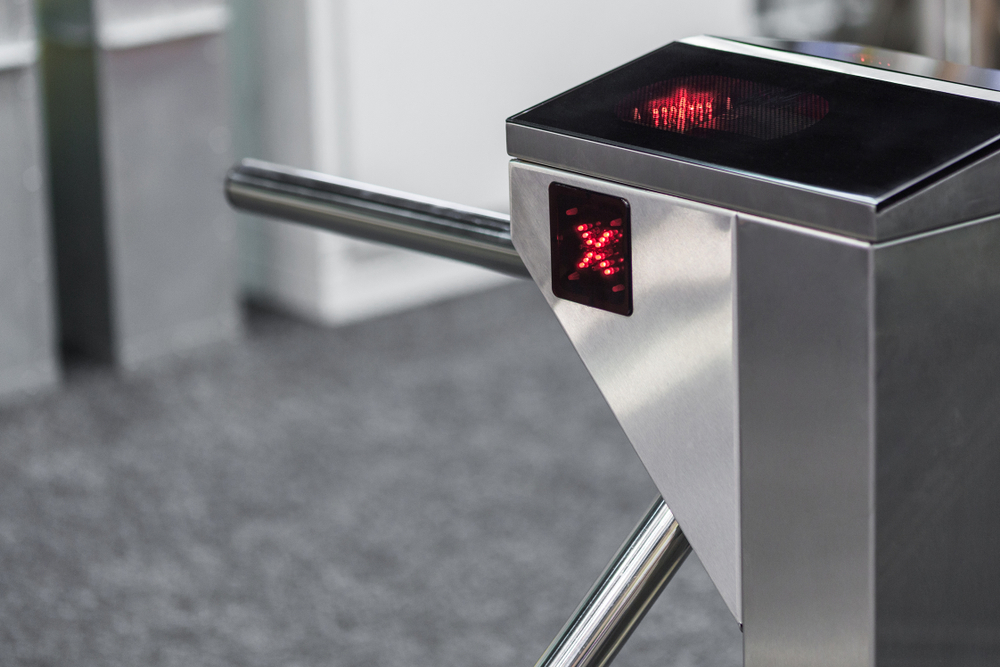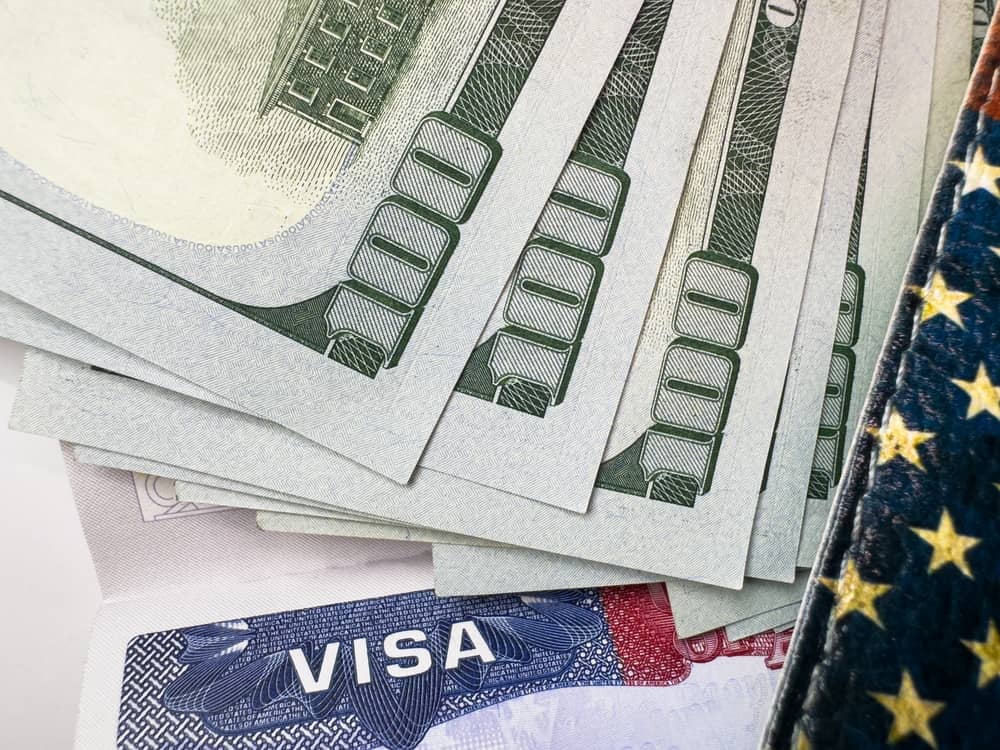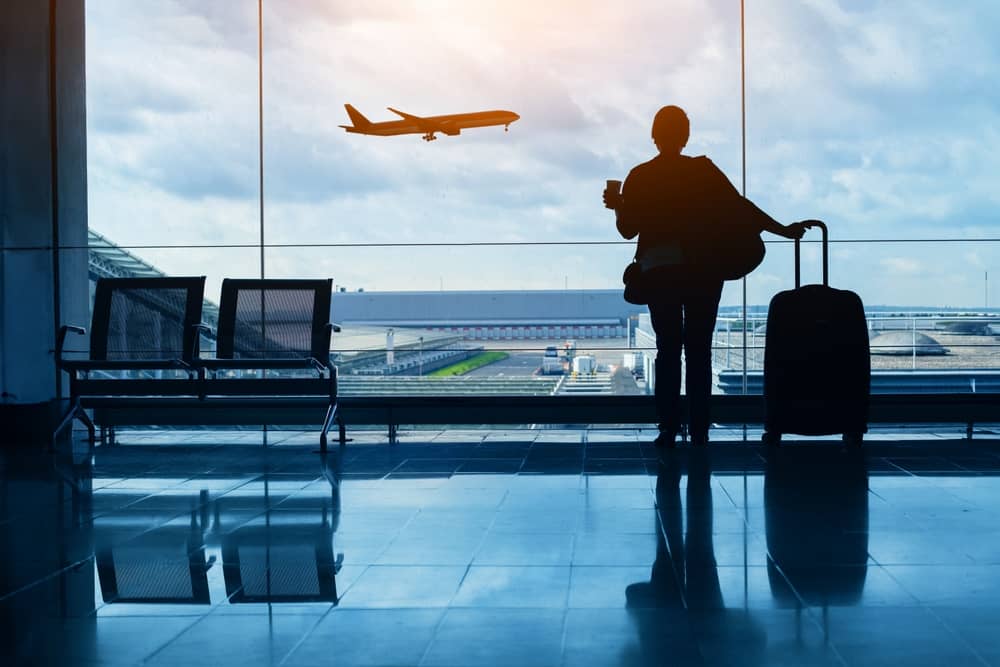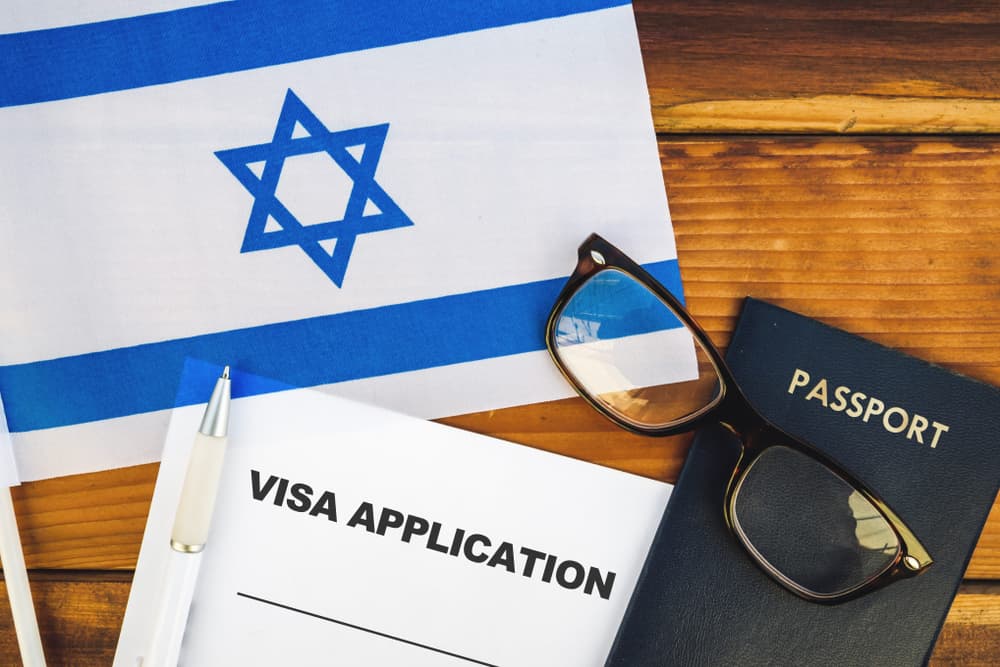
3 minute read | Last update: April 9, 2025
Table of Contents
▼
Table of Contents
▼Yes. It is possible to have a valid US visa and still be denied entry upon arrival in the United States.
One common misconception is that once you have a B1 or B2 nonimmigrant visa, your entry into the U.S. is guaranteed. In reality, even with a valid visa, there’s stil a chance immigration officials decide to deny your entry into the country.
However, rest assured, there are reasons as why this might happen. Most people with an approved and valid B1 or B2 visa enter the country without any issues.
In this article we explain why a person with a US visa could be denied entry upon arrival, what to do, and how to avoid being refused entry to the country.
Why could I be denied entry?
Even though your visa application was approved by a U.S. consulate or embassy, the final decision on your admission rests with the Customs and Border Protection (CBP) officers at the U.S. port of entry.
There are various reasons why someone could be denied entry:
Invalid or expired documents:
Ensure your passport and visa are valid for your entire stay. Typically, your passport should be valid for at least six months beyond your planned date of departure from the U.S. Be sure to have all the required documents at the time of your trip.
Inconsistencies or false information:
If the CBP officers find any discrepancies between the information provided during your visa application and your actual intentions, or if they suspect fraudulent activity, they might deny your entry.
Previous U.S. immigration violations:
Past overstays, illegal work, or other breaches of U.S. immigration laws can lead to denial upon arrival at a US port of entry.
Criminal history:
A past criminal record, depending on the severity and nature of crimes committed, can be grounds for refusal.
Suspected intentions:
If the CBP officer believes you might not leave the U.S. at the end of your visit, or if they think you might try to work without authorization, they might not let you in.
Health concerns:
Certain communicable diseases or mental health disorders that pose a threat to public safety can be grounds for inadmissibility.
What can I do if I'm denied entry?
Being denied entry can be stressful, but it's essential to remain calm and cooperate fully with the CBP officers.
- Request for "Withdrawal of Application for Admission": Instead of receiving an official order of refusal (expedited removal), you might be given an option to voluntarily withdraw your application for admission. This means you’ll need to leave the U.S., but it won't carry the same long-term consequences as an order of removal.
- Temporary holding: In some cases, you might be held in a facility temporarily. This isn't a prison, but a place where you wait until you can be sent back to your country of origin. You'll usually be sent back on the next available flight.
- Future applications: Being denied entry once doesn't mean you can never visit the U.S. again. However, it may make future applications more challenging. It’s essential to understand the reasons for your denial so you can address them in future visits or visa applications.
How can I reduce the risk of being denied entry?
While the final decision always rests with immigration officials, there are ways to minimize the risk of entry denial.
- Be honest: Always provide accurate information during your visa application and to the CBP officers.
- Carry relevant documents: Along with your passport and visa, have documents that support the purpose of your visit, such as invitation letters, hotel bookings, or event registrations.
- Know your rights: While CBP officers have broad powers at the border, you still have rights. For instance, if you face extended questioning, you can request to speak to a supervisor or an attorney.
- Comply with visa conditions: Understand the conditions of your visa and stick to them. For instance, don't seek employment if you’re on a tourist visa.
Conclusion
While the U.S. welcomes millions of visitors every year, it's vital to be prepared and understand that a visa doesn't guarantee entry. By knowing potential reasons for refusal and how to address them, you can better prepare for your journey and enjoy your stay in the United States.
Share


